Steeze aside, what do you really know about Ojude Oba
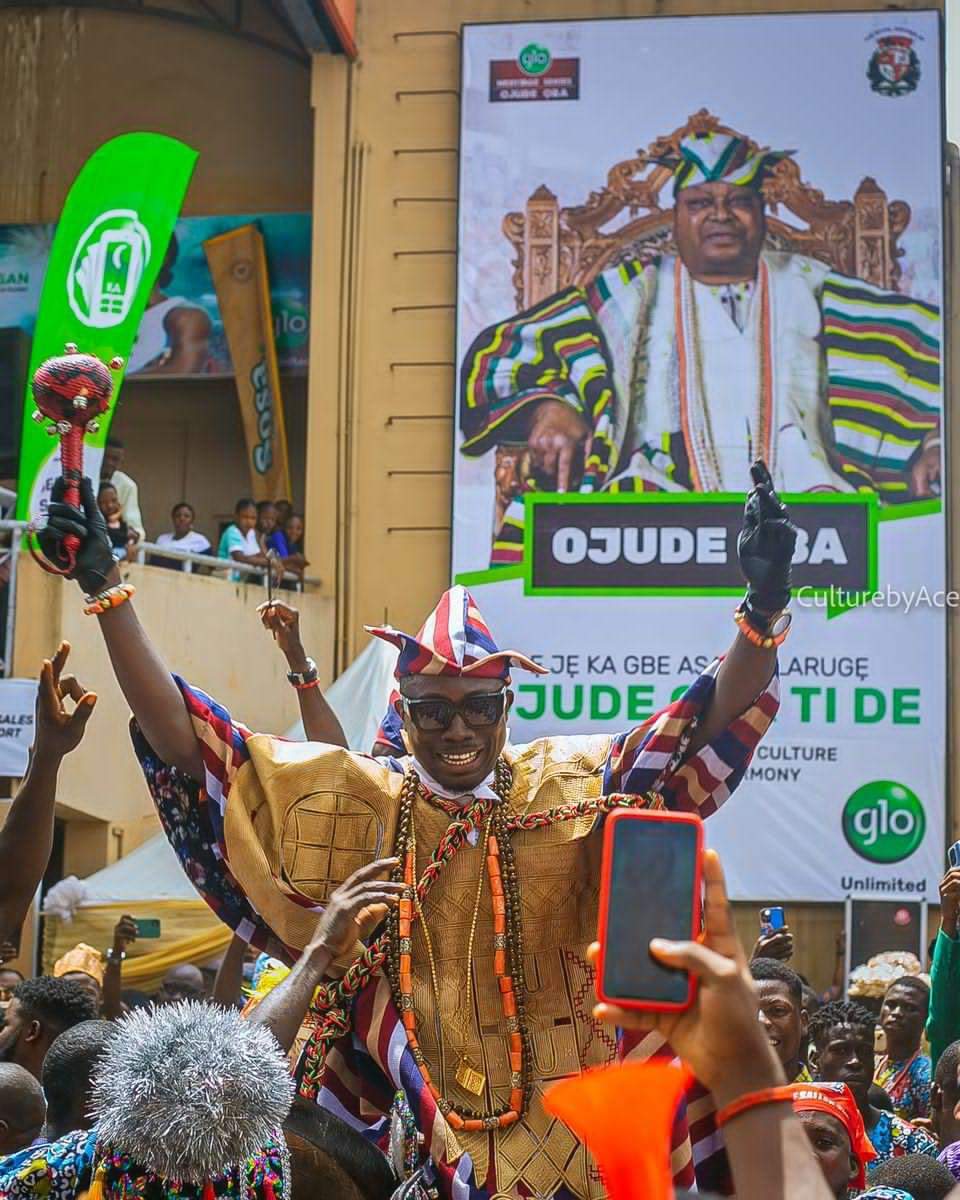
The Ojude Oba festival is a vibrant cultural celebration held annually by the Ijebu people in Nigeria.
Known for its grandeur, Ojude Oba is one of the most glamorous cultural events in Ijebuland and all of Ogun State.
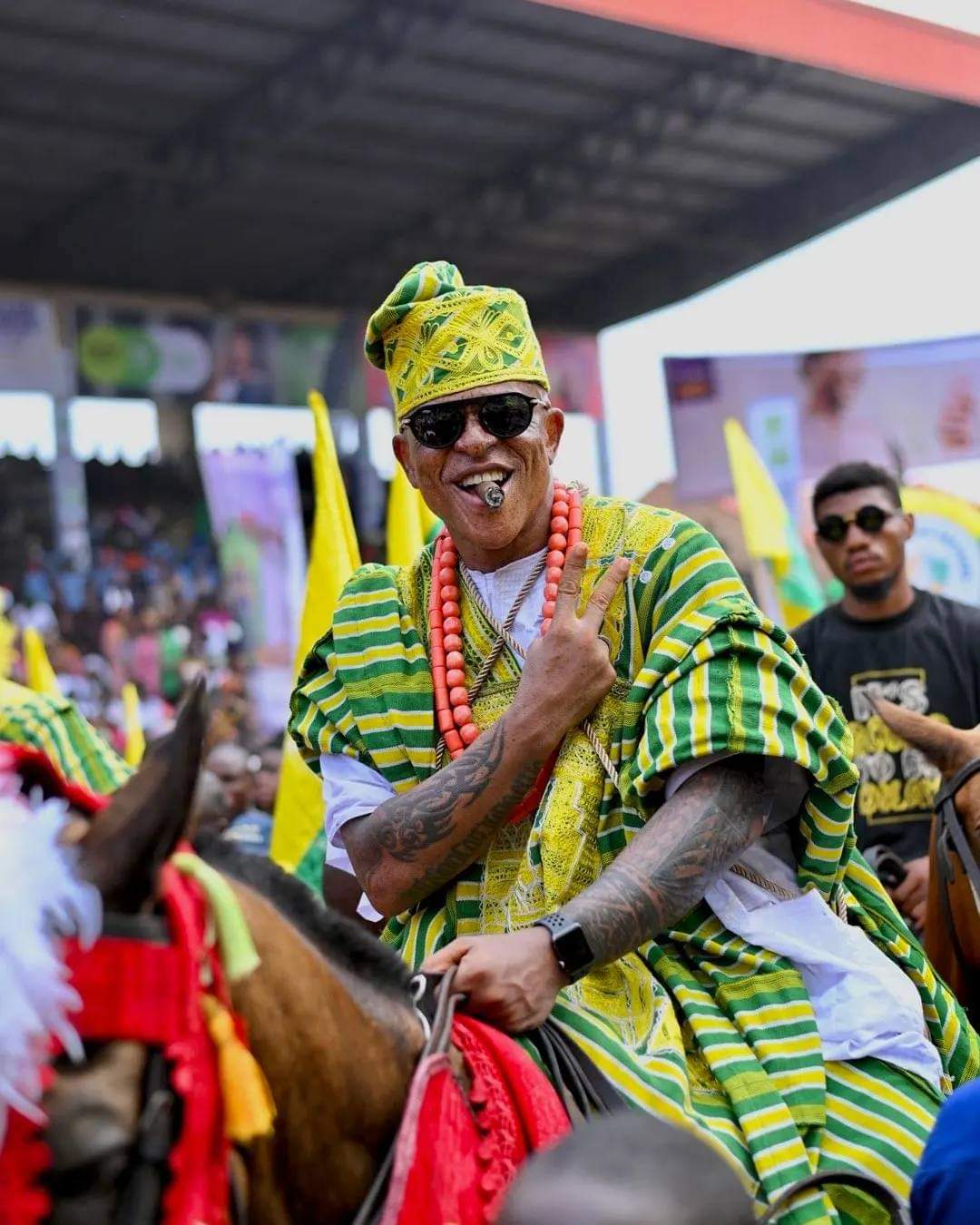
The festival stands out for its lively colours and festive atmosphere, showcasing the rich heritage, unity, and cultural pride of the Ijebu community.
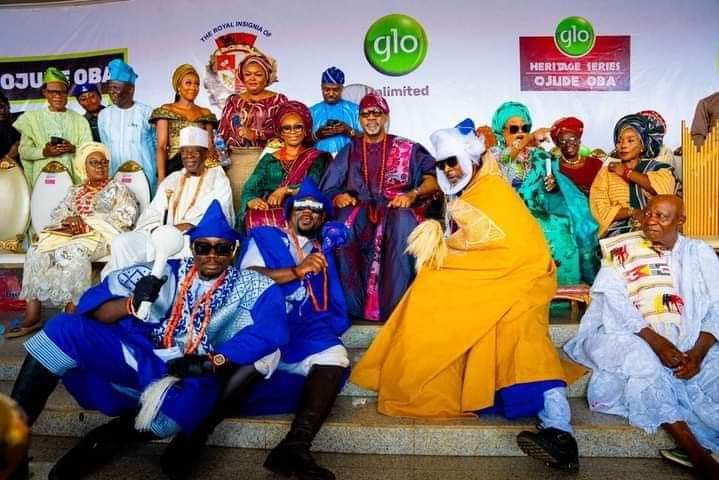
Ojude Oba translates to “The King’s Court” or “The King’s Gathering.” The festival takes place in Ijebu Ode, the historic capital of the Ijebu Kingdom.
It is a time when different age groups, known as regberegbes come together to pay homage to the Awujale, the paramount ruler of Ijebuland.
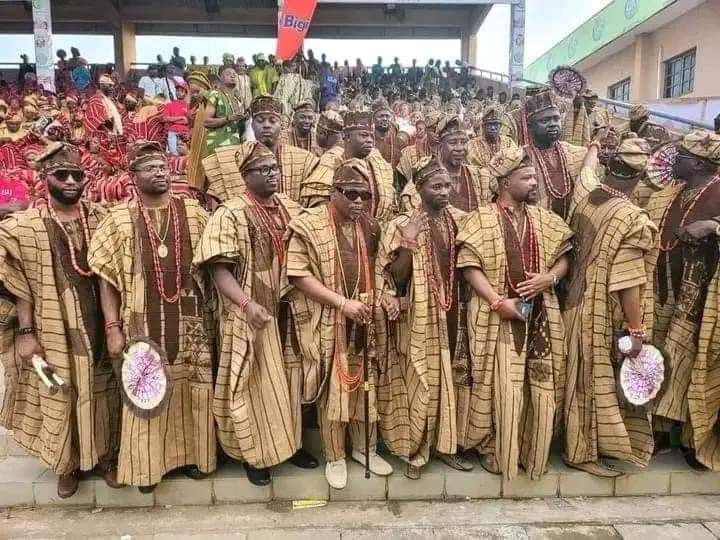
The Festival is over a century old when the first Muslim converts visited the Awujale, the paramount ruler of Ijebuland, to express their gratitude for his support.
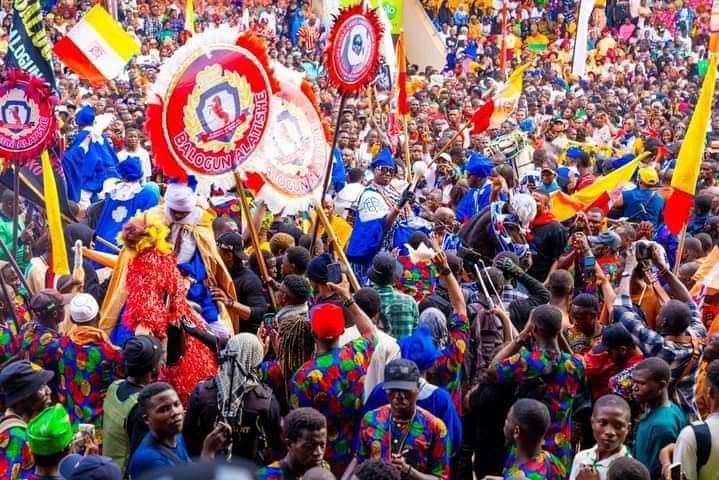
During this visit, they would pray for the king’s long life, good health, and the prosperity of Ijebuland and Nigeria.
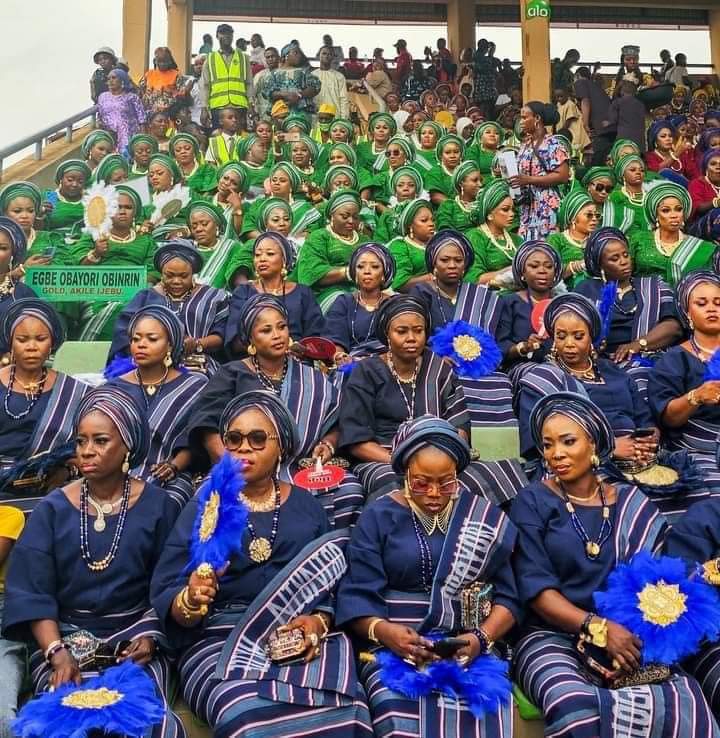
Following the prayers, “regberegbe,” comprising influential members of the community, perform dances in front of the king, each dressed in the latest fashion.
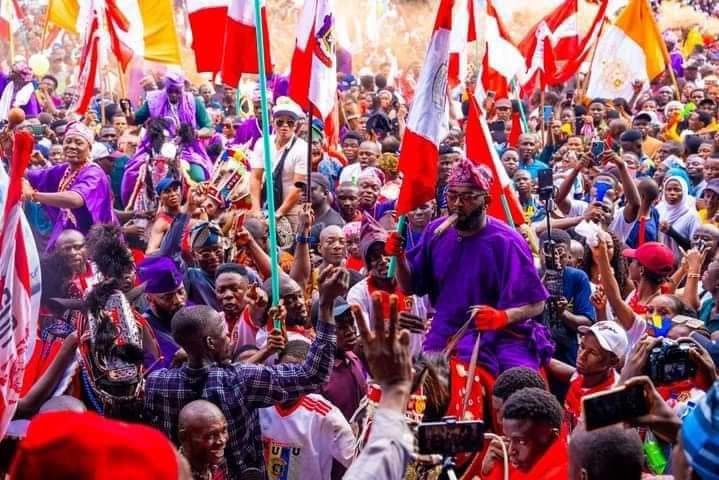
It has evolved over the years, with the present ruler, Oba Sikiru Adetona, Ogbagba II, revitalizing it into a globally recognized event.
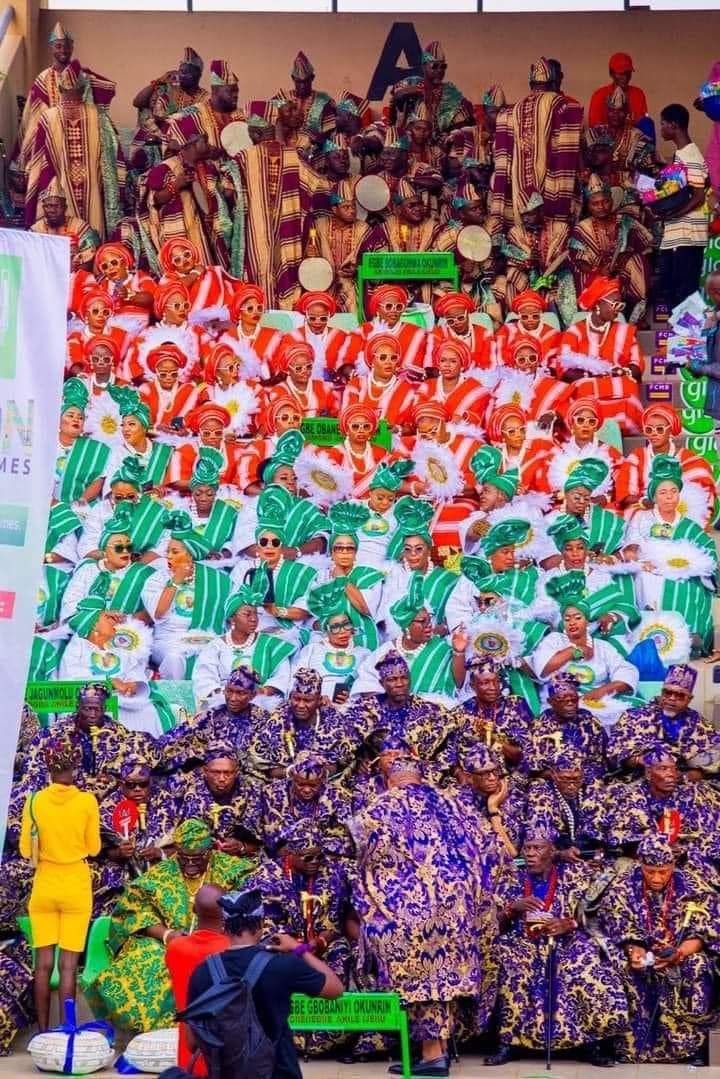
Today, the festival brings together Ijebu indigenes, their friends, and associates from all over the world.
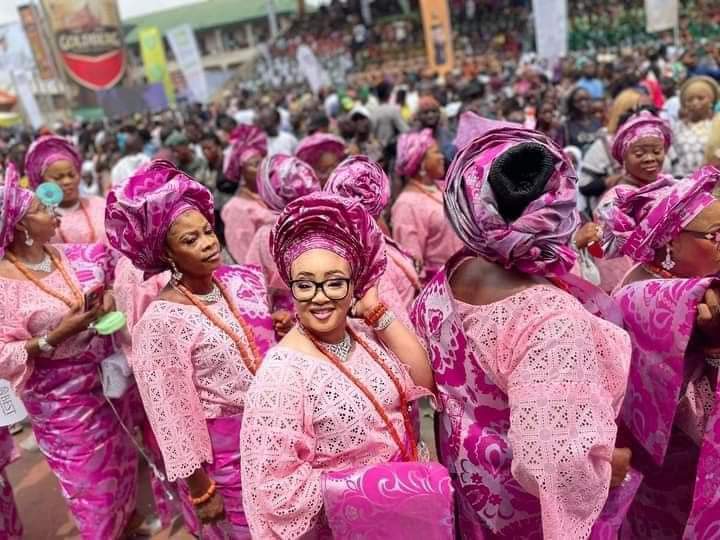
The festival is celebrated on the third day after Eid al-Kabir (Eid-el-Adha), a major religious festival. This timing emphasizes the strong religious and cultural influences in the region.
Ojude Oba fosters unity and community spirit among the Ijebu people promoting solidarity and cultural pride.
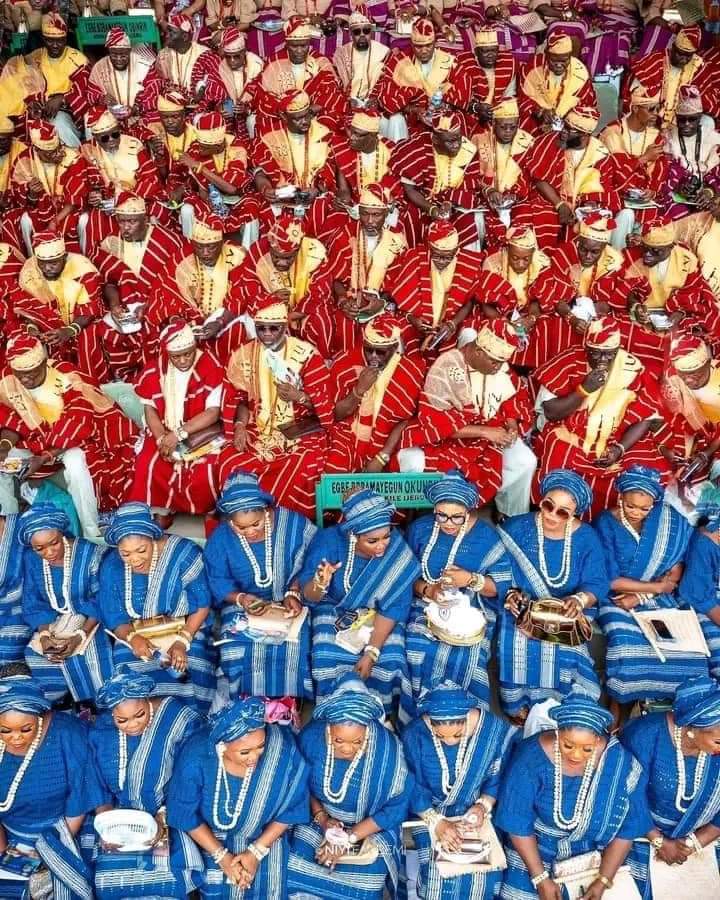
The festival has gained national and international recognition for its cultural significance and the grandeur of its celebrations
Participants and Activities
Ojude Oba Festival is attended by the regberegbes, which are organized age groups within the Ijebu community, each with distinct names such as Obafuwaji, Bobagbimo, Bobakeye, Gbobaniyi, and Gbobalaye.
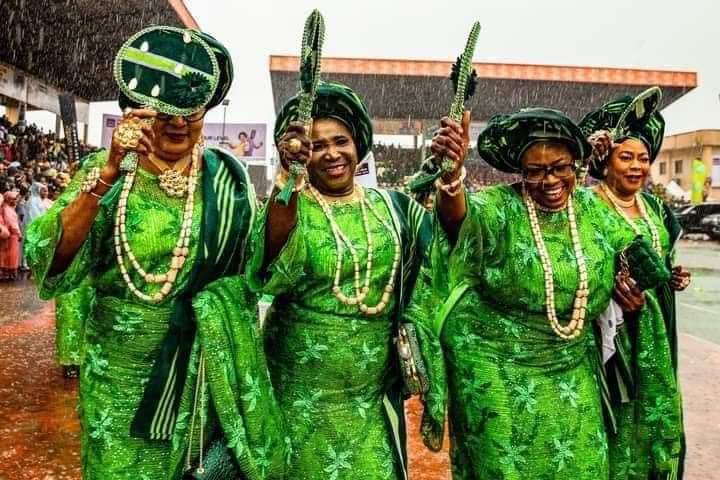
The Awujale created these age groups a long time ago, as far back as the 18th century. Currently, there are about fifty-seven (57) regberegbes in Ijebu Ode
These groups, comprised of both male and female members born within a three-year period, dress in elaborate costumes and parade before the king. For example, Bobagbimo is for Ijebu men born between January 1, 1953, and December 31, 1955, and ‘Obasete’ are men born between 1986-1988.
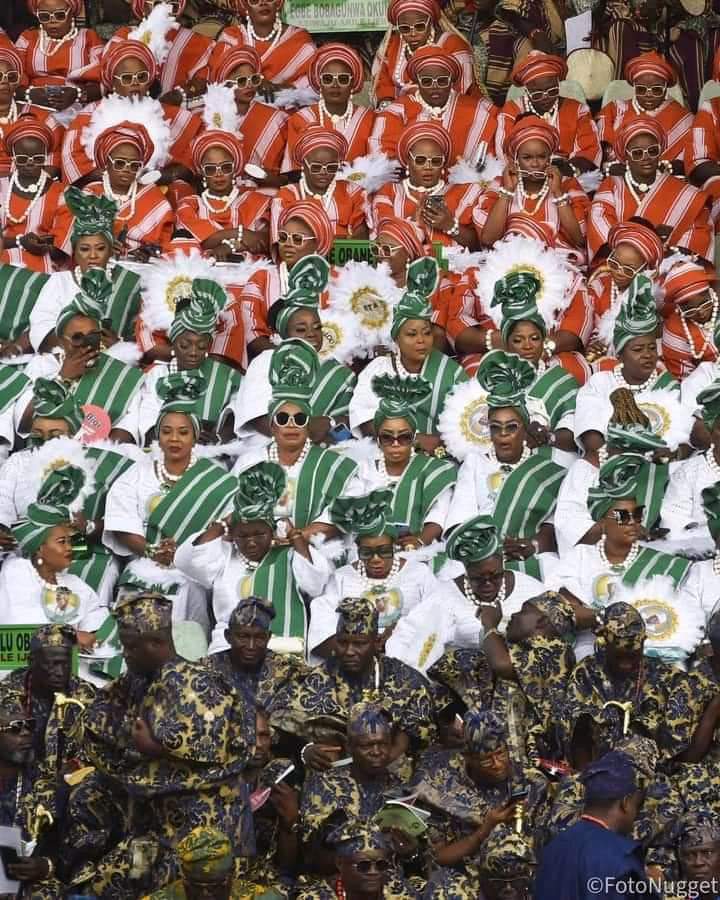
One of the festival’s highlights is the parade of the Baloguns and Eleshins, who are descendants of war heroes. They display their horse-riding skills in a mock battle show, paying homage to the king amidst jubilant music and festivities.
The event attracts over a million spectators, including tourists, government officials, business leaders, and traditional title holders.
Tourism
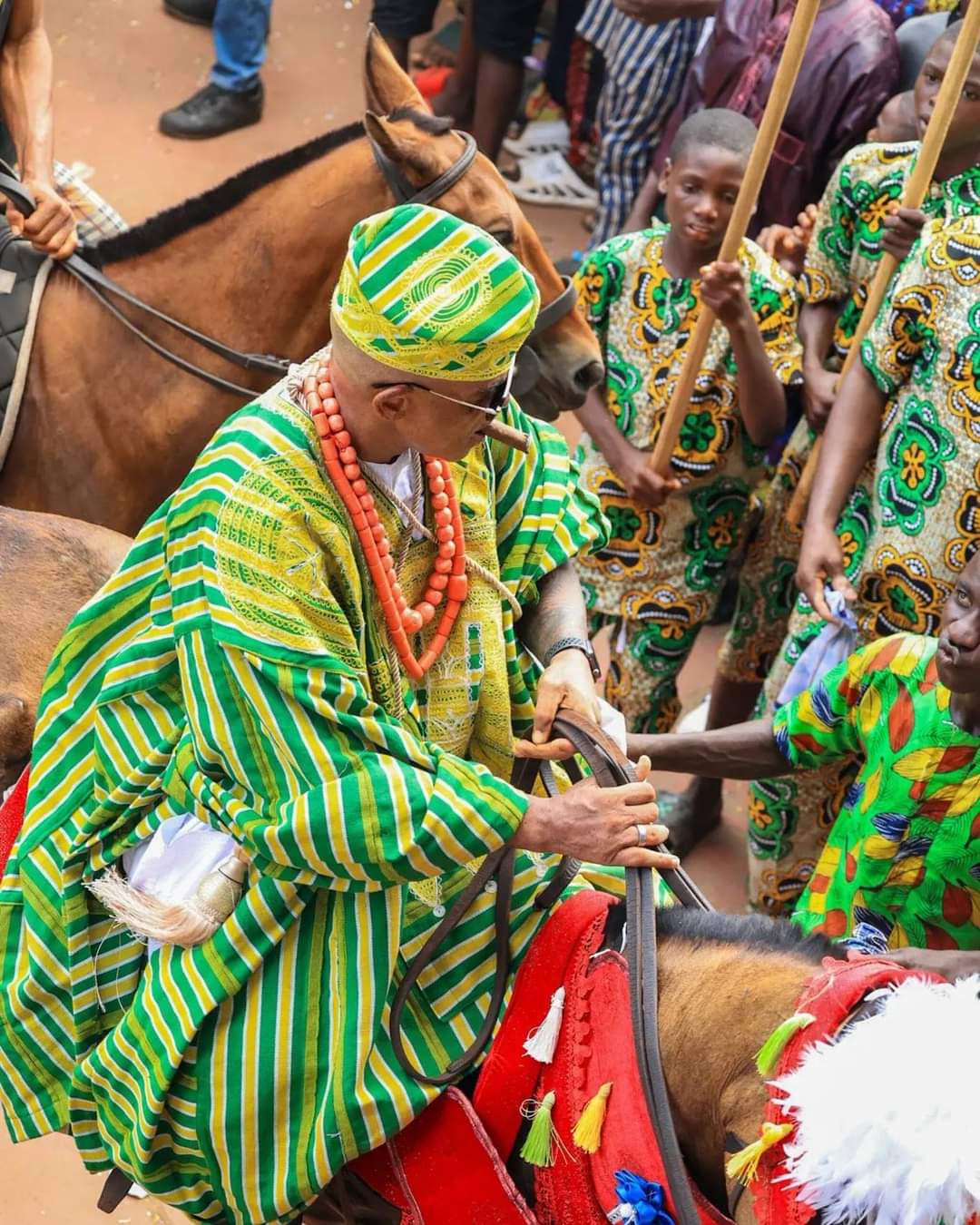
The festival attracts tourists from Nigeria and beyond, boosting local businesses and promoting cultural tourism in Ogun State.
The vibrant displays and activities create a lively atmosphere that draws visitors and contributes to the local economy.
Recently the Federal Government has announced plans to list the annual Ojude Oba Festival as one of those approved and supported by the United Nations Educational, Scientific and Cultural Organisation.
Preserving Tradition and Celebrating Heritage
The festival plays a crucial role in preserving Ijebu culture in a changing world. The Awujale, Oba Sikiru Kayode Adetona, has described Ojude Oba as the “Ijebu national day,” a time for the Ijebu people to celebrate their heritage, achievements, and spiritual values, ensuring that their traditions remain strong for future generations.
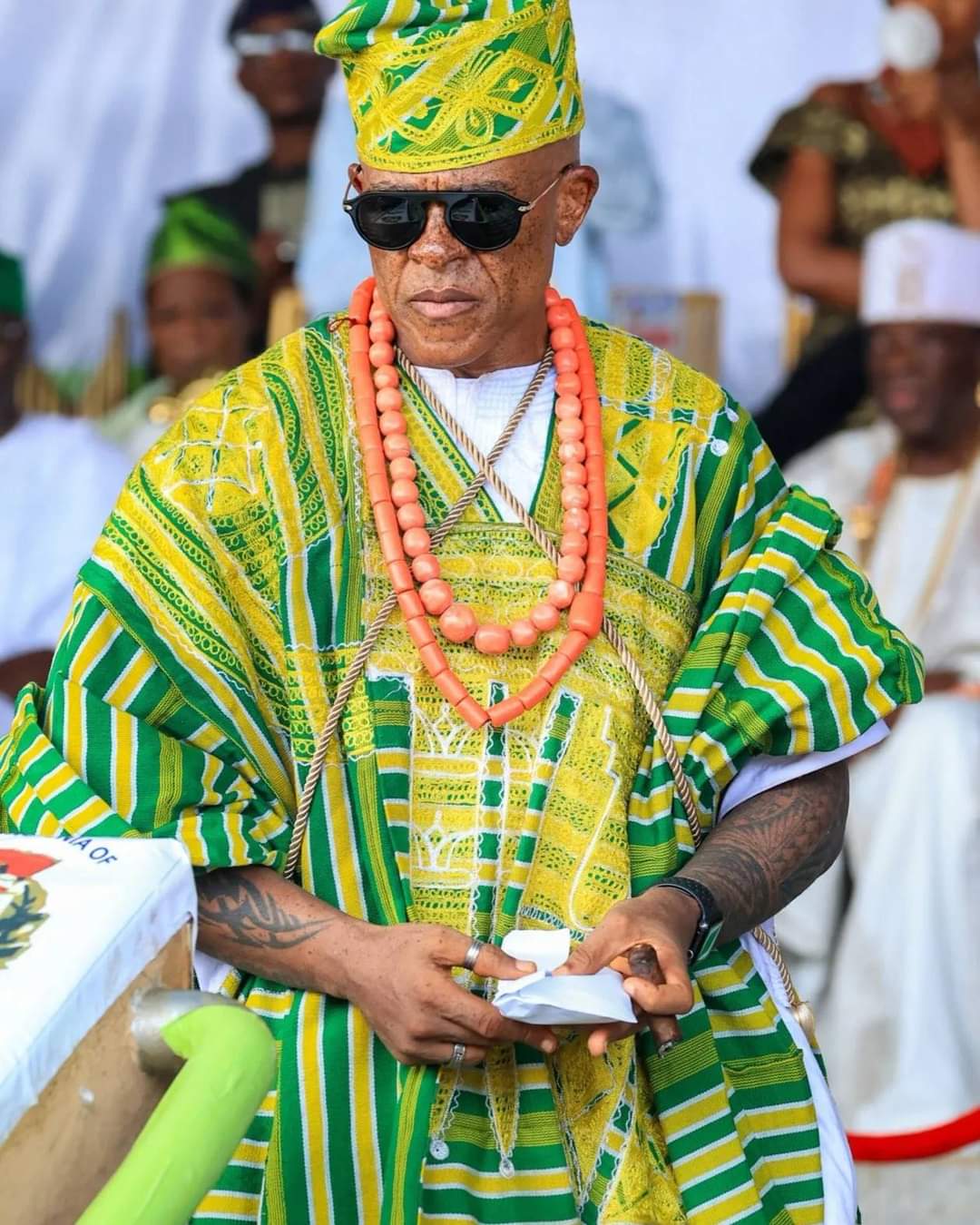
The event also encourages a healthy rivalry among the Regberegbe groups, each striving to make meaningful contributions to the development of Ijebuland.
The Ojude Oba festival is not just a cultural event but a powerful expression of the Ijebu people’s identity, unity, and pride in their rich history.




